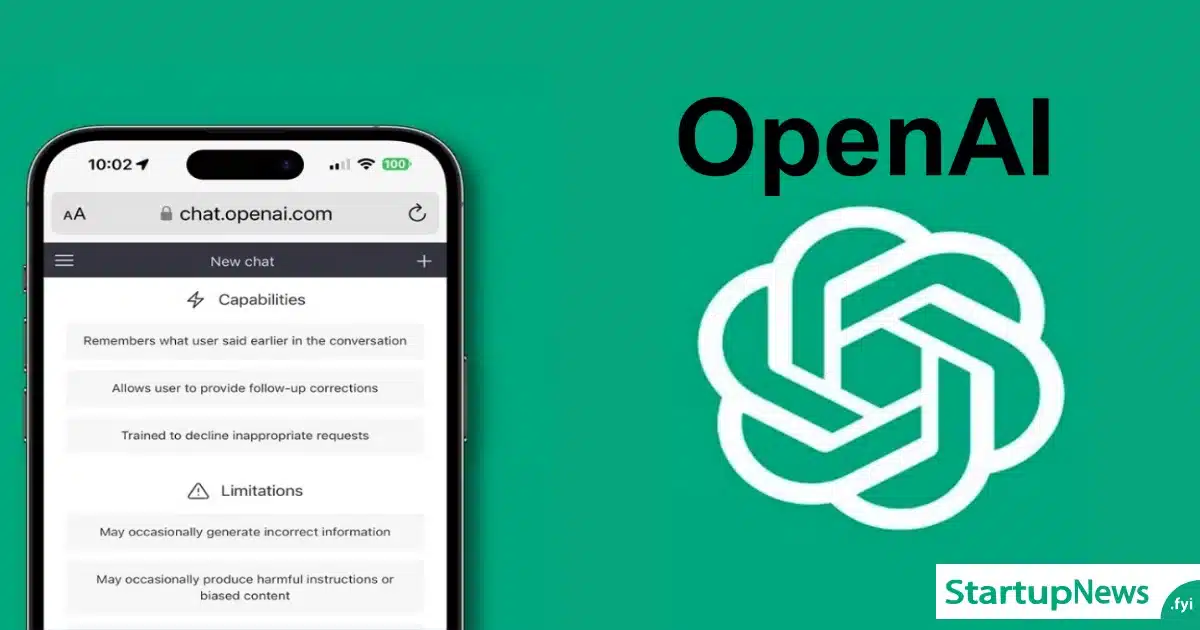OpenAI, the trailblazing AI studio that played a pivotal role in bringing AI to non-technical audiences, is grappling with potential financial difficulties. Recent reports suggest that the company’s flagship AI chatbot, ChatGPT, is incurring a staggering daily cost of $700,000 to maintain. This alarming financial strain comes alongside a decline in user engagement, prompting concerns about the company’s future.
OpenAI Financial Strain and Declining User Engagement
The substantial daily cost of maintaining ChatGPT, coupled with the additional expenses associated with GPT-4 and DALL-E2, has put OpenAI under significant financial pressure. The company’s solvency has been sustained by a substantial $10 billion investment from Microsoft, a lifeline that has prevented more dire consequences.
However, recent data highlights a sharp decline in ChatGPT’s user engagement. In the transition from May to June, ChatGPT’s website usage dipped, initially attributed to factors such as students being on summer break and the launch of the ChatGPT API, which encouraged users to create their own AI-powered bots.
API Cannibalization and Competition
The decline in ChatGPT’s user base can attribute to API cannibalization. Many organizations, while discouraging direct usage of ChatGPT, have embraced the API to integrate the large language model into various processes. This shift in usage patterns has significantly impacted ChatGPT’s popularity.
OpenAI’s transformation from a non-profit entity to a profit-oriented company, coupled with CEO Sam Altman’s limited stock participation, underscores the company’s focus on profitability. The recent losses incurred by OpenAI, particularly following the introduction of ChatGPT, raise concerns about the company’s long-term financial viability.
OpenAI Challenges and Prospects
The evolving landscape of AI technology compounds OpenAI’s financial challenges. The emergence of open-source language models (LLMs) poses a significant competitive threat. As companies increasingly turn to open-source alternatives, ChatGPT’s user base faces potential erosion.
While Microsoft’s substantial investment has provided crucial support, OpenAI’s pursuit of profitability remains paramount. The company aims to attain $200 million in annual income by 2023 and a bold $1 billion by 2024, yet the current losses and declining user engagement could challenge the attainment of these targets.
Uncertain Future and Potential Bankruptcy
OpenAI’s future remains uncertain as it grapples with financial challenges, declining user numbers, and legal complexities. If additional funding is not secured, the company may be forced to consider bankruptcy as early as 2024. This looming possibility adds urgency to OpenAI’s efforts to reinvigorate its financial standing and redefine its place in the competitive AI landscape.
As OpenAI navigates these challenges, the company’s ability to adapt, innovate, and secure sustained funding will play a critical role in shaping its future trajectory.
Also Read The Latest News:
ASCI to consider influencers with 5 lakh followers as celebrities in India
Paytm CEO Vijay Shekhar Sharma gains control with 24.3% voting rights



![[CITYPNG.COM]White Google Play PlayStore Logo – 1500×1500](https://startupnews.fyi/wp-content/uploads/2025/08/CITYPNG.COMWhite-Google-Play-PlayStore-Logo-1500x1500-1-630x630.png)